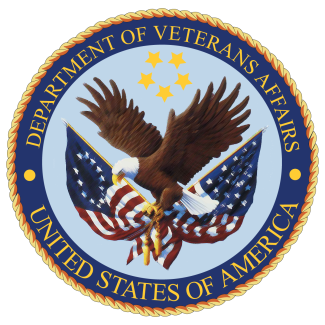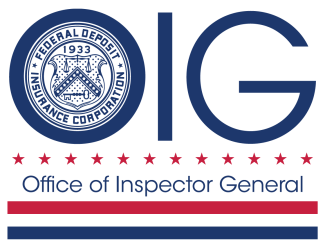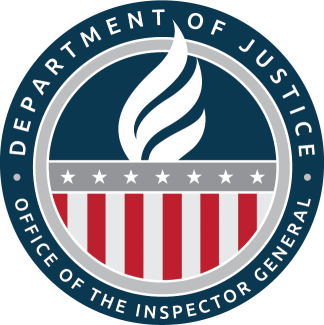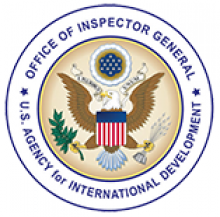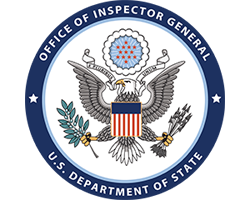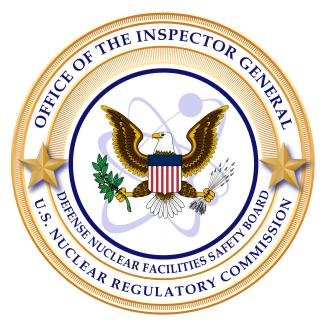This Office of Inspector General (OIG) Comprehensive Healthcare Inspection Program report describes the results of a focused evaluation of the care provided at the Alaska VA Healthcare System, which includes the Colonel Mary Louise Rasmuson Campus in Anchorage and other outpatient clinics in Alaska. This evaluation focused on five key operational areas:• Leadership and organizational risks• Quality, safety, and value• Medical staff privileging• Environment of care• Mental health (suicide prevention initiatives)The OIG issued three recommendations for improvement in two areas:1. Environment of care• Temperature and humidity monitoring2. Mental health• Suicide-related event reporting• Comprehensive Suicide Risk Evaluation completion
| Report Date | Agency Reviewed / Investigated | Report Title | Type | Location | |
|---|---|---|---|---|---|
| Department of Veterans Affairs | Comprehensive Healthcare Inspection of the Alaska VA Healthcare System in Anchorage | Review |
|
View Report | |
| Department of Veterans Affairs | Comprehensive Healthcare Inspection of the James A. Haley Veterans’ Hospital in Tampa, Florida | Review |
|
View Report | |
| Federal Deposit Insurance Corporation | 2023 Top Management and Performance Challenges Facing the Federal Deposit Insurance Corporation | Top Management Challenges | Agency-Wide | View Report | |
| Federal Deposit Insurance Corporation | DOJ Press Release: Miami man arrested in multimillion-dollar bank fraud scheme targeting dozens of victims nationwide | Investigation | Agency-Wide | View Report | |
| Department of Justice | Audit of the Court Services and Offender Supervision Agency’s Information Security Management Program Pursuant to the Federal Information Security Modernization Act of 2014, Fiscal Year 2023 | Audit | Agency-Wide | View Report | |
| Department of Justice | Audit of the United States Marshals Service’s Information Security Management Program Pursuant to the Federal Information Security Modernization Act of 2014, Fiscal Year 2023 | Audit | Agency-Wide | View Report | |
| U.S. Agency for International Development | Audit of the Schedule of Expenditures of Centers for Civic Initiatives Tuzla, Under Multiple Awards in Bosnia and Herzegovina, January 1 to December 31, 2022 | Other |
|
View Report | |
| U.S. Agency for International Development | Independent Audit Report John Snow, Inc. and John Snow Research & Training Institute, Inc. Home Office Compliance with Cost Accounting Standards and Federal Acquisition Regulations | Other |
|
View Report | |
| Department of State | Independent Review of the U.S. Department of State Accounting and Authentication of FY 2023 Budget Formulation Compliance Report and Detailed Accounting Report | Audit | Agency-Wide | View Report | |
| Nuclear Regulatory Commission | Audit of the U.S. Nuclear Regulatory Commission's Implementation of the Federal Information Security Modernization Act of 2014 for Fiscal Year 2023 Region II: Atlanta, Georgia | Audit | Agency-Wide | View Report | |


